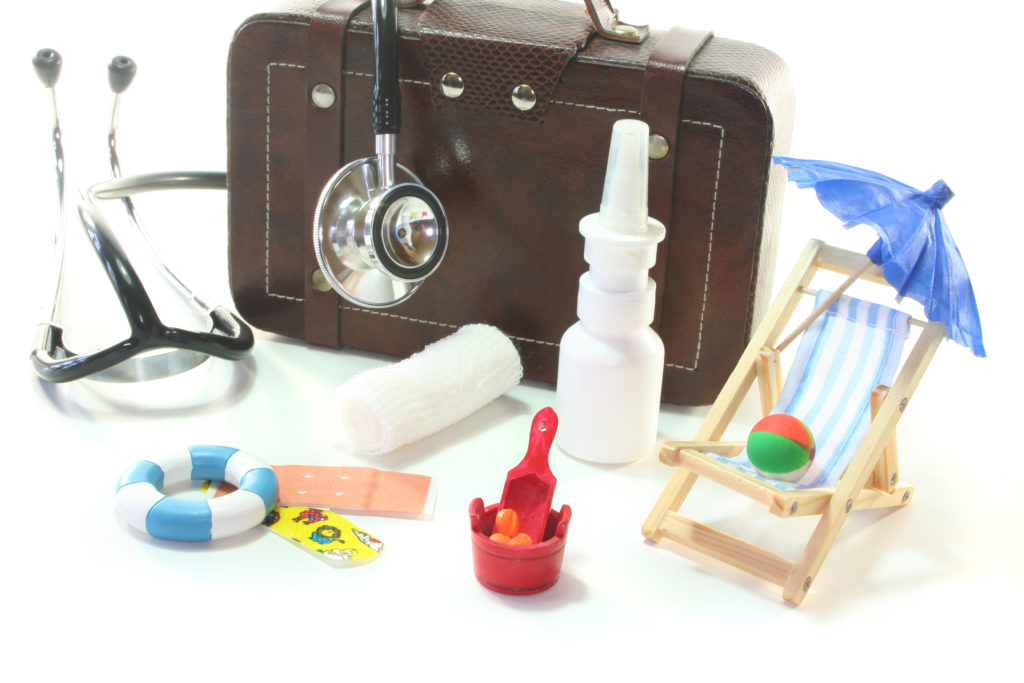
Traveling with prescription medication is very common nowadays and more often than not, is no cause for extraordinary preparation. Other than carrying your prescription or leaving the pills in the bottle, there really isn’t too much for you to think about.
Flying with medicine overseas, however, can be an entirely different proposition. In some countries, certain prescriptions and even popular over-the-counter medications (think sleep aids, pain relief, and cold medication, for example) could either be banned or restricted. While most travelers won’t have issues if they’re carrying just enough for personal use—and it’s not a super common issue—it certainly something that’s best avoided.
So, what’s a traveler to do?
Start with some research
There’s no single resource to find out about medication laws that may or may not exist in the country you’ll be visiting, but you can start by asking your pharmacist or doctor. (Your travel agent might be useful; in any case, you’ll want to consult them regarding any possible vaccinations you might need.)
You might also want to check with the local embassy of the country you’ll be visiting (there’s a list of them on the State Department website) or the International Narcotics Control Board (INCB) website.
Don’t forget the TSA
The Transportation Security Administration has an entire section dedicated to Traveling With Medication. There you’ll find information on the airport screening process as well as a helpline for more specific questions. After all, your voyage starts here.
Pack smart
Be sure and pack your prescription drugs in your carry-on along with a doctor’s note or the actual prescription, especially if you’re traveling with narcotics. If you take several different medications a letter on official letterhead from your doctor listing the medications and the conditions they treat can’t hurt. If you need to carry special equipment to administer them, find out beforehand if you can enter the country with whatever that may be (think EpiPens, syringes for insulin, etc.)
Amounts
Take along enough to cover your trip with a few extras, in case of delays. However, in some countries amounts might be capped, so reducing the dosage or changing to another alternative might be the way to go. Consult with your doctor if you know that what you’re taking is an issue in a certain country—they might be able to change a diagnosis, so a particular drug is a medical need rather than something that goes against a country’s moral or religious code (as in the case of birth control).
While all this may seem like a fair bit of work to engage in before a trip, you’ll find it’s well worth it to have your medication taken care of and avoid any hassle in the security line, whether you’re traveling here or abroad.







